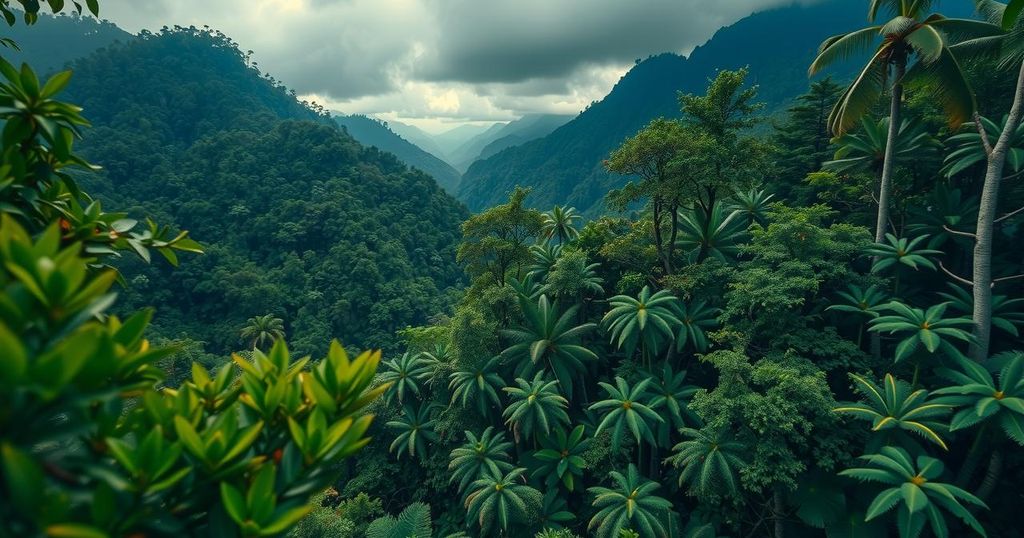This article explores the significance of the world’s largest forests in maintaining biodiversity and addressing climate change, focusing on the roles of Russia, Brazil, Canada, and China. It discusses the implications of forest conservation for the travel industry and emphasizes the need for sustainable tourism practices to protect these essential ecosystems.
The global forest landscape plays a crucial role in sustaining biodiversity, regulating climate, and sequestering carbon. Key countries like Russia, Brazil, Canada, and China hold significant portions of the world’s forests, each contributing uniquely towards ecological health. Russia’s expansive boreal forests, or Taiga, comprise more than 20% of the world’s forested area, serving as vital habitats and carbon sinks. Meanwhile, Brazil’s Amazon rainforest, although rich in biodiversity, faces severe threats from deforestation. Canada’s boreal forests exemplify global conservation efforts, while China’s reforestation initiatives highlight a commitment to sustainable practices. Furthermore, the growing ecotourism sector underscores the need for sustainable travel practices that prioritize conservation over exploitation, ensuring these precious resources endure for future generations.
Forests are integral to the Earth’s ecological balance, serving as vital carbon reservoirs and biodiversity hotspots. The 2024 report from the UN Food and Agriculture Organization underscores that particular nations significantly influence global forest cover. Russia’s expansive forests provide unmatched contributions to carbon storage, while Brazil’s Amazon rainforest remains a critical area for biodiversity, albeit under threat from human activities. Canada exemplifies effective conservation, and China actively combats desertification through extensive reforestation projects. The intersection of travel and conservation efforts further emphasizes the importance of sustainable practices as ecotourism becomes increasingly prioritized.
The importance of forests in combating climate change and promoting biodiversity cannot be overstated. Countries such as Russia, Brazil, Canada, and China play pivotal roles in global forest conservation, yet face unique challenges. As ecotourism rises in popularity, it is imperative that sustainability is prioritized, ensuring that both natural ecosystems and tourism can thrive harmoniously. By protecting these ecosystems and promoting responsible travel, the world can work together to preserve its invaluable forest resources for future generations.
Original Source: www.travelandtourworld.com






